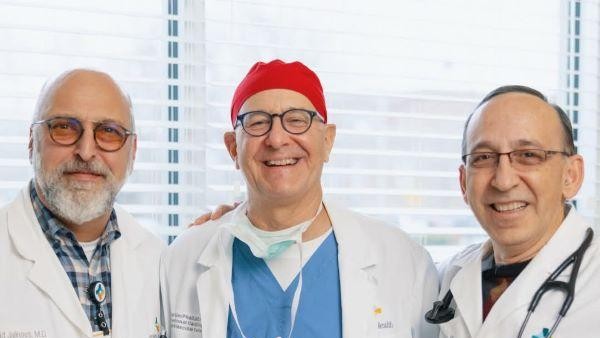
We’re proud to share that Goshen Heart & Vascular Center has once again been recognized among the nation’s top-performing hospitals for heart attack care. For the 14th consecutive year, we’ve received the American College of Cardiology’s National Cardiovascular Data Registry (NCDR) Chest Pain – MI Registry Platinum Performance Achievement Award – and this year, it’s an honor awarded to only 323 hospitals nationwide.
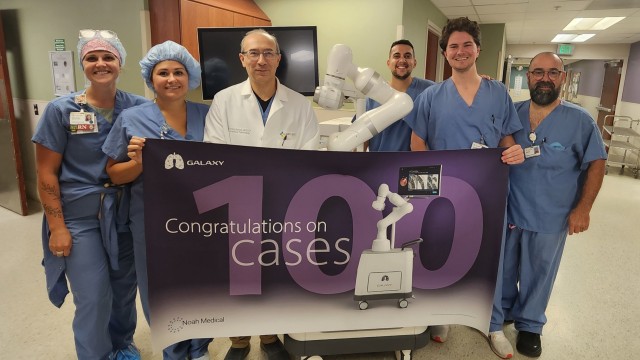
Goshen Health is proud to announce a major milestone in lung cancer care: the completion of 100 procedures using the Galaxy System™—a revolutionary robotic technology that enables earlier, more accurate, and less invasive lung cancer detection.
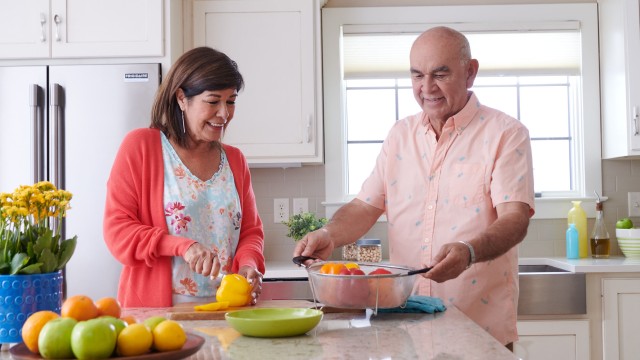
Good nutrition plays a vital role in supporting your body, boosting energy and managing side effects during cancer treatment. While seasonal changes—like summer’s warmth and fresh produce—can offer unique opportunities, the core principles of healthy eating remain consistent throughout the year.

A cancer diagnosis brings more than just physical challenges—it deeply affects emotional and mental well-being for both patients and their loved ones. At the Goshen Center for Cancer Care, we understand that healing involves the whole person. That’s why we prioritize compassionate, comprehensive care that supports not just the body, but the mind and spirit as well.

Let’s face it. Most of us don’t think much about how we sit while at our desks. We settle into our chairs, open our laptops and dive into the day’s tasks. But over time, that casual posture can lead to some very real pain. In fact, according to the Occupational Safety and Health Administration (OSHA), musculoskeletal disorders account for over 30 percent of all workplace injuries and illnesses, many of which are linked to poor ergonomics and prolonged sitting.

In your 20s, it’s easy to feel like regular doctor visits aren’t necessary. You’re young, active and likely not dealing with chronic health issues. But establishing care with a primary care doctor now can make a significant difference in your long-term health.
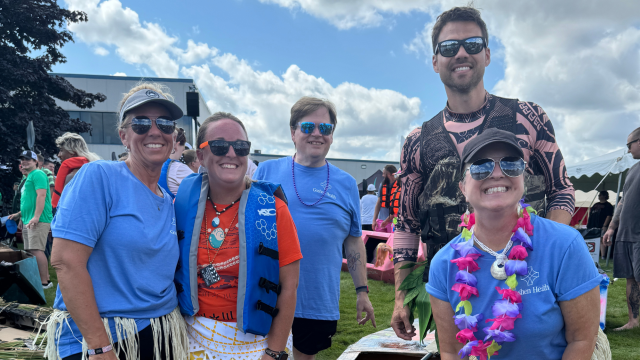
At Goshen Health, we know that healing happens in community, and sometimes, that community comes together in cardboard boats and rockstar costumes. That’s why we’re thrilled to join the 2025 Great Cardboard Boat Race, hosted by Crossroads United Way, where creativity, camaraderie and a splash of competition come together for a great cause.
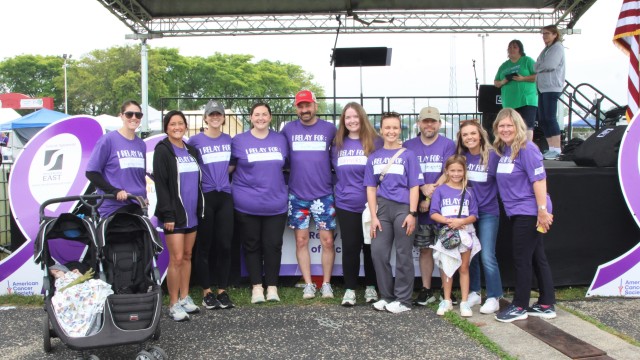
On Saturday, June 14th, 2025 team members from Goshen Center for Cancer Care gathered at the St. Joseph County Fairgrounds to take part in Relay for Life Michiana—an inspiring event hosted by the American Cancer Society to celebrate survivors, support caregivers and raise critical funds for cancer research and patient support.
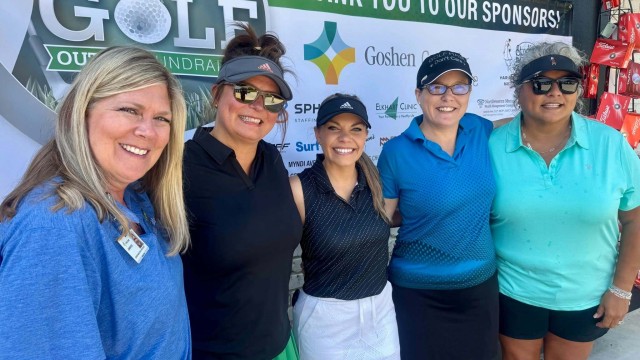
Goshen Center for Cancer Care was honored to serve as the title sponsor for the 2025 Ribbon of Hope Golf Outing, held at Maplecrest Country Club. The event brought together over 100 golfers for a day filled with fun, community, and generosity—all to support Ribbon of Hope’s mission of providing free, non-medical services to cancer patients and their families.
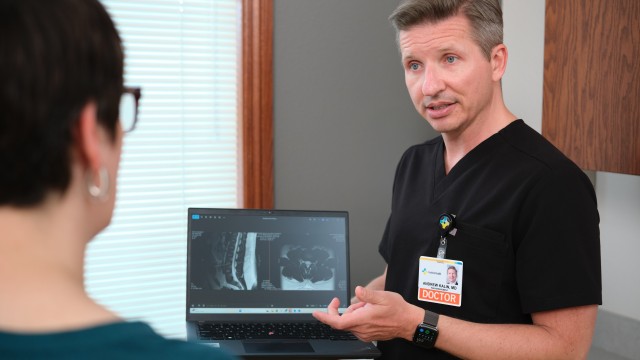
Your musculoskeletal health is essential for living an active, pain-free life. At Goshen Orthopedics, our team of highly skilled specialists is dedicated to helping you regain mobility and improve your quality of life. Whether you’re dealing with joint pain, a sports injury, or the challenges of arthritis, we’re here to provide compassionate, expert care.

Your bones and joints are the foundation of your mobility, and the foods you eat play a crucial role in keeping them strong and resilient. A balanced diet rich in key nutrients can help you maintain bone density, reduce inflammation, and support overall joint health. At Goshen Orthopedics, we believe that prevention starts with what you put on your plate.
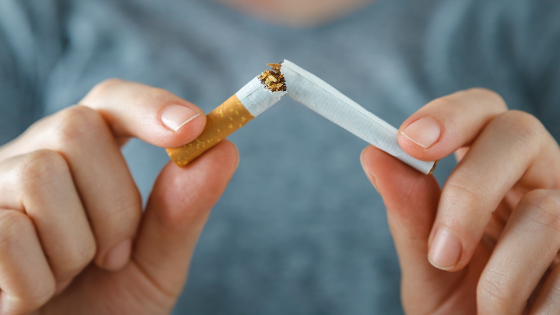
Smoking doesn’t just harm your lungs—it’s a leading cause of heart disease and other cardiovascular issues. At Goshen Heart & Vascular, we’re dedicated to helping you protect your heart, and breaking free from smoking is one of the most powerful steps you can take. If you’re ready to make a change, our Smoking Cessation group is here to guide you every step of the way.